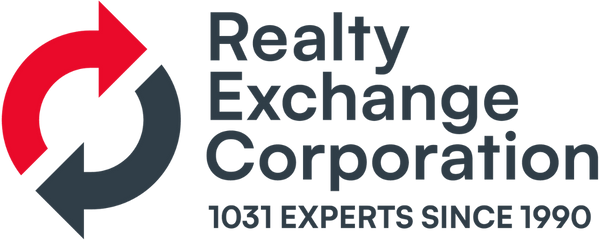What Properties Qualify for a Like-Kind Exchange?
To be a successful tax-deferred exchange, certain criteria must be met for the real estate to be like-kind. Basically these are:
- Both properties must be in the United States.
- The Relinquished Property currently must be used by the exchangor for investment, business, rental or production of income.
- The Exchangor must hold the new Replacement Property for investment, business, rental or production of income.
- The Replacement Property must be identified within 45 days.
- The Replacement Property must be received within 180 days (or the federal tax due date, including extension, if earlier).
What Properties Do NOT Qualify for a Like-Kind Exchange?
- Principal Residences do not qualify. Nor does a property to be immediately converted to a principal residence qualify as a like-kind replacement property. However, a property which includes both a principal residence and business property may be sold and the appropriate value assigned to the business portion. A good example is a farm property, that includes both a principal residence and a working farm investment property.
- A Second Home does not qualify A second home does not qualify as an investment property. While a second home may be rented out, if you use it for personal purposes more than 14 days or more than 10% of the days actually rented, whichever is greater, then it is treated as a second home for that tax year. Based on use a vacation property can change from business rental property status to second home status from tax year to tax year.
- Dealer Property
- Partnership interests may not be exchanged. Many small investment or business properties are owned by partners. If title to the property is in the name of the partnership (example: “Smith Properties Partnership”), then the entire partnership must do the exchange. Individual partners may not exchange their interest because they have an interest in the partnership, not
in the real estate.However, if the property is deeded to individuals, as say “tenants-in common,then each partner may exchange their separate interest in the real estate, or pay the tax as they desire. Also, partners may use Section 761 (a) to elect out of the partnership and become eligible to exchange their interest in the property. Investors in a partnership should get tax and legal advice before engaging in an exchange. - Reverse Starker exchanges are not covered under Section 1031. A reverse Starker exchange occurs when the replacement property is transferred before ·settlement of the relinquished property. While a replacement property may be placed under contract at any time, it is essential that the exchangor not go to settlement on the replacement
property until settlement on the relinquished property.In October 2000 the IRS published Revenue Procedure 2000-37, which provides safe harbor procedures for the accommodation of reverse exchanges. See the Fall 2000 edition of .. Exchange News .. for a full explanation. - Purchase of the replacement property from a related party should be avoided. However, if the exchanged property is held for two years, direct exchanges between related parties and the transfer of the relinquished property to a related party remain valid transactions.
- You may exchange a vacation rental property if you are currently holding the property you are selling and will hold the property you are buying for investment, business, rental or production of income. To qualify as a business property you may not use the property for personal use for more than the greater of 14 days or 10 percent of the days actually rented at fair rental value during the· tax year. If you have excessive personal use, then the property will not qualify for an exchange.
